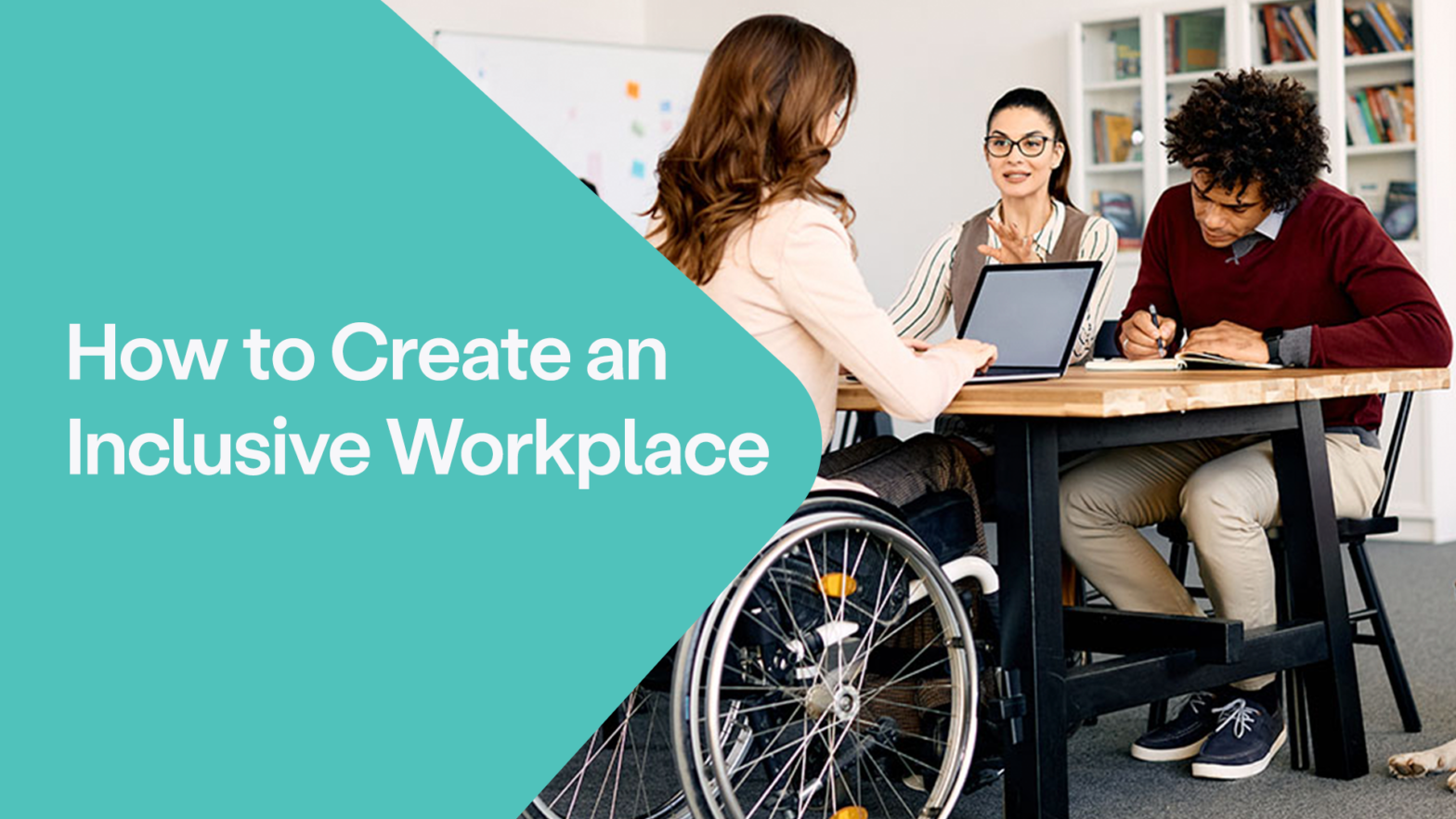
Culture is significant in attracting top talent, retaining happy contented workers. Numerous organizations are aware of the importance of diversity in today’s workplace culture. But when it comes to hiring, cultivating an inclusive culture that values autonomy, respect, and appreciation may be even more crucial than merely adhering to standard diversity numbers.
Nowadays, it is insufficient to establish a company with a diversified workforce. Additionally, you have to encourage an inclusive workplace where each team member’s viewpoints and experiences are valued and they all feel comfortable and accepted.
A diversified and encouraging work environment where all employees feel appreciated and respected can only be fostered by establishing an inclusive workplace culture. Organisations are feeling the challenge and are fast adopting inclusive practices. A DEI Consultant can help you foster inclusivity at work and workplace by setting the required structure, policies, and workshops that build exclusive mindsets and behaviors.
Let us understand some strategies to help you promote inclusivity in your workplace:
- Leadership Commitment:Leadership needs to actively commit to an inclusive culture. This commitment should be communicated clearly and consistently throughout the organization. Leaders should set an example by embracing diversity and inclusion in their actions and decision-making.
- Diversity and Inclusion Training:Provide diversity and inclusion training for all employees to increase awareness and understanding of different perspectives, cultures, and backgrounds. Include training on unconscious bias to help employees recognize and address their own biases. At LS Learning Management Systems, we can help you curate training programs or workshops for DE&I training.
- Create Inclusive Policies:Develop and enforce policies that promote diversity and inclusion, such as non-discrimination policies, flexible work arrangements, and accommodations for different needs. You can write to us for policy consultation here.
- Promote Open Communication:Encourage open and honest communication among employees. Create a culture where employees feel comfortable expressing their ideas, concerns, and feedback without fear of reprisal.
- Employee Resource Groups (ERGs):Establish employee resource groups or affinity groups that focus on various aspects of diversity, such as gender, ethnicity, or sexual orientation. These groups can provide support and a sense of community.
- Fair Hiring Practices:Implement fair and unbiased hiring practices to ensure that your workforce reflects diversity. This includes using diverse interview panels, diverse recruitment sources, and blind recruitment processes.
- Inclusive Language:Promote the use of inclusive language in all communications. Be mindful of language that may unintentionally exclude or marginalize certain groups.
- Accessibility:Ensure that your workplace is physically and digitally accessible to all employees, including those with disabilities. This includes providing accommodations and using technology that is accessible to everyone.
- Recognition and Rewards:Recognize and reward employees based on their contributions, regardless of their background. Ensure that recognition programs are inclusive and highlight a diverse range of achievements.
- Promote Work-Life Balance:Support work-life balance by offering flexible work arrangements and promoting a healthy work environment. This helps employees from different backgrounds manage their responsibilities outside of work.
- Zero Tolerance for Discrimination:Communicate a zero-tolerance policy for discrimination, harassment, and any form of bias. Establish procedures for reporting and addressing such incidents promptly and confidentially.
- Regular Assessments:Regularly assess the effectiveness of your diversity and inclusion initiatives. Gather feedback from employees and make adjustments as needed to continually improve your workplace culture.
Remember that creating an inclusive culture is an ongoing process that requires commitment, effort, and continuous improvement. It’s essential to involve employees at all levels and from diverse backgrounds in the process to ensure that the initiatives are meaningful and effective.
Why is an inclusive workplace culture important?
Regardless of their socioeconomic status or identity, all employees are respected and celebrated in an inclusive workplace culture. Employees at companies that value inclusivity feel valued for their uniqueness because these are what make them special people.
In addition to being morally right for you to do, creating an inclusive workplace atmosphere offers several benefits.
According to a survey, businesses that have an inclusive staff include:
- Twice as likely to surpass targets for financial performance.
- Three times greater likelihood of excellent performance.
- Six times more likely to be quick and creative.
- Eight times more likely to provide favorable results for the firm.
If they believe their employer values them, employees who work for an inclusive organization are also less inclined to look for other employment options.
Five Steps for Creating an Inclusive Workplace Culture:
To facilitate inclusion in any organization, we need to apprehend the constructing blocks.
The following 05 steps offer the beginning basis of inclusion in your enterprise:
- Step 01: Get buy-in from leadership. You and your leadership team lead the way when designing an inclusive environment.
- Step 02: Create possibilities for verbal exchange
- Step 03: Understand Performance
- Step 04: Create Safe Areas
- Step 05: Make inclusivity part of your Organisation’s values
We understand facilitating inclusion in your organisation and introducing the policies can come across as a challenging shift. We use frameworks to assist organisational teams and communities in facilitating DEI-related progress.
To schedule a discovery call, you can write to us on team@lakshmisreenivasan.com or connect here.

